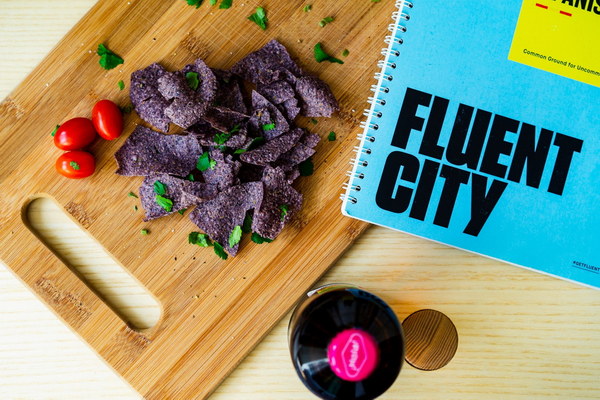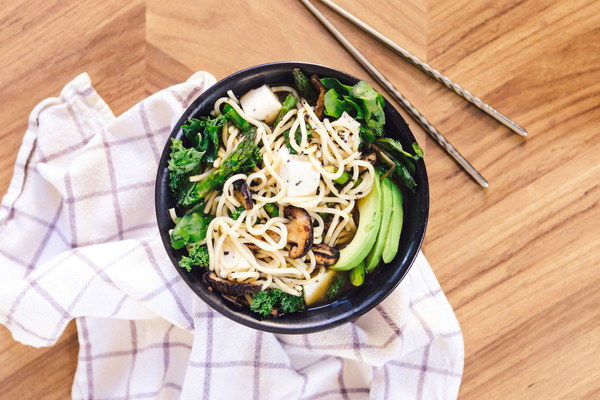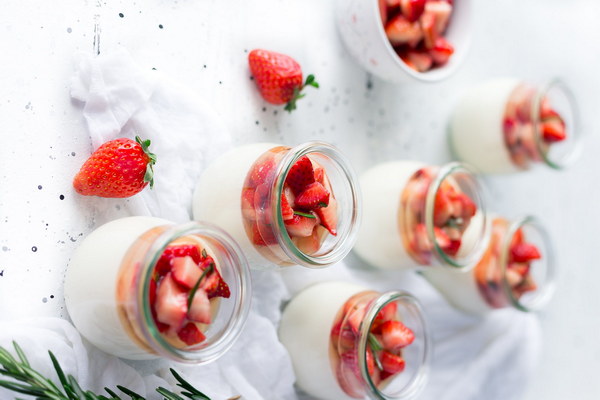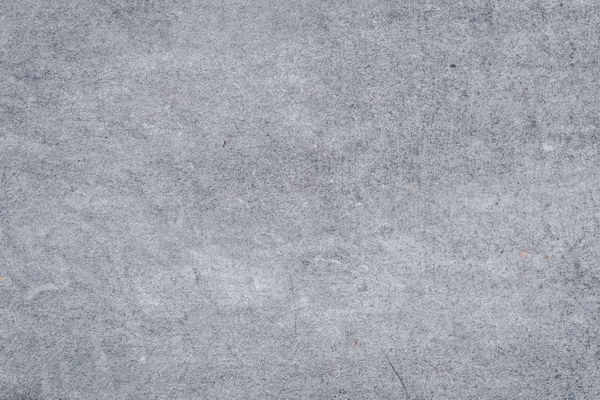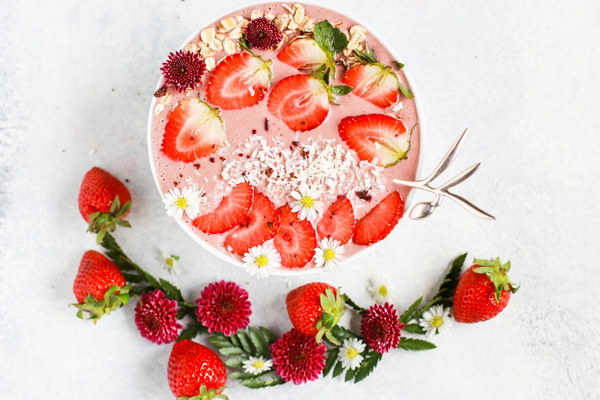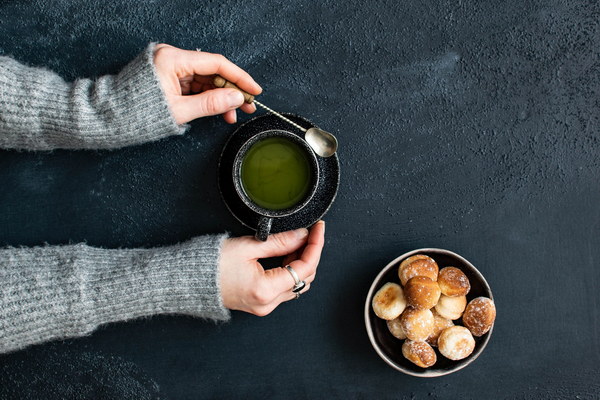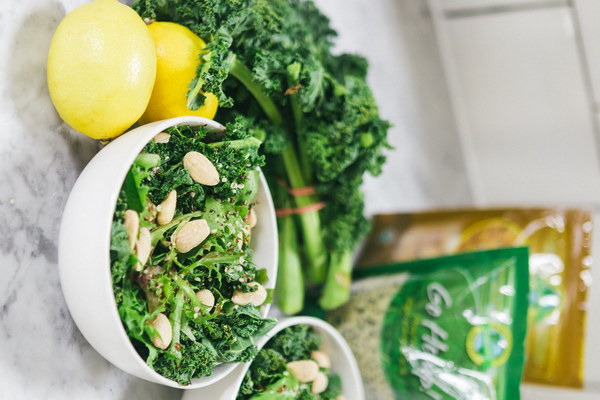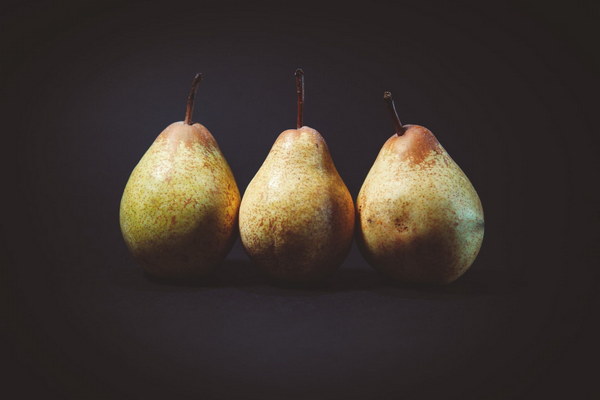Revitalize Your Locks Discover the Latest Diet Tips for Hair Loss Prevention
Are you struggling with hair loss or thinning hair? Don't worry; you're not alone. Hair loss can be caused by various factors, including genetics, stress, hormonal imbalances, and poor diet. However, did you know that what you eat can significantly impact your hair's health? In this article, we will explore the latest diet tips for hair loss prevention, focusing on the most beneficial foods and nutrients to incorporate into your diet.
1. Protein: Hair is made up of protein, so it's essential to consume enough of this macronutrient to support hair growth. Incorporate lean proteins such as chicken, turkey, fish, eggs, and legumes into your meals. Plant-based protein sources like tofu, tempeh, and quinoa are also great options.
2. Omega-3 Fatty Acids: Omega-3 fatty acids play a crucial role in hair health, as they help reduce inflammation and support hair growth. Include fatty fish like salmon, mackerel, and sardines in your diet. Alternatively, you can consume flaxseeds, chia seeds, and walnuts to get your daily dose of omega-3s.
3. Iron: Iron deficiency is a common cause of hair loss. Consume iron-rich foods such as lean red meat, poultry, fish, beans, lentils, tofu, and fortified cereals. To enhance iron absorption, pair these foods with vitamin C-rich fruits and vegetables, such as oranges, strawberries, bell peppers, and broccoli.
4. Vitamin D: Vitamin D is essential for hair growth and is often found in supplement form. However, it's also available in various food sources, including fatty fish, fish liver oils, egg yolks, and fortified dairy products. If you're unable to get enough vitamin D from your diet, consider taking a supplement after consulting with a healthcare professional.
5. Vitamin E: Vitamin E is an antioxidant that helps protect hair follicles from damage. Incorporate vitamin E-rich foods into your diet, such as almonds, sunflower seeds, peanut butter, avocados, and spinach.
6. Biotin: Biotin, also known as vitamin B7, is crucial for hair growth and strength. You can find biotin in foods like eggs, nuts, seeds, and whole grains. However, if you're experiencing hair loss, you may benefit from a biotin supplement, but consult with a healthcare professional first.
7. Zinc: Zinc is another essential nutrient for hair health. Consume zinc-rich foods such as lean meats, seafood, legumes, seeds, and nuts. Zinc deficiency can lead to hair loss, so ensure you're getting enough of this mineral in your diet.
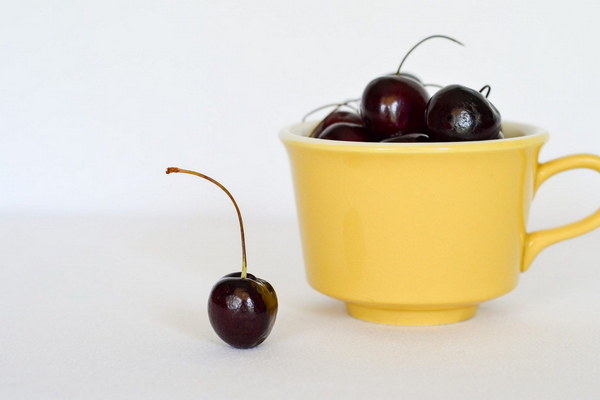
8. Selenium: Selenium is a mineral that helps support hair growth and prevent hair loss. Consume selenium-rich foods such as Brazil nuts, fish, meat, and whole grains. Just a few Brazil nuts per day can provide the recommended daily allowance of selenium.
9. Hydration: Staying hydrated is crucial for overall health, including hair health. Drink plenty of water throughout the day to keep your hair and scalp hydrated and promote hair growth.
10. Herbs and Supplements: Consider incorporating herbs and supplements known for their hair-growth benefits, such as saw palmetto, pumpkin seed oil, and nettle root. Consult with a healthcare professional before starting any new supplement regimen.
By incorporating these diet tips for hair loss prevention into your daily routine, you may notice an improvement in your hair's health and reduce the risk of further hair loss. Remember that it's essential to maintain a balanced diet and consult with a healthcare professional if you're experiencing persistent hair loss. With the right diet and lifestyle choices, you can revitalize your locks and achieve a healthier head of hair.
